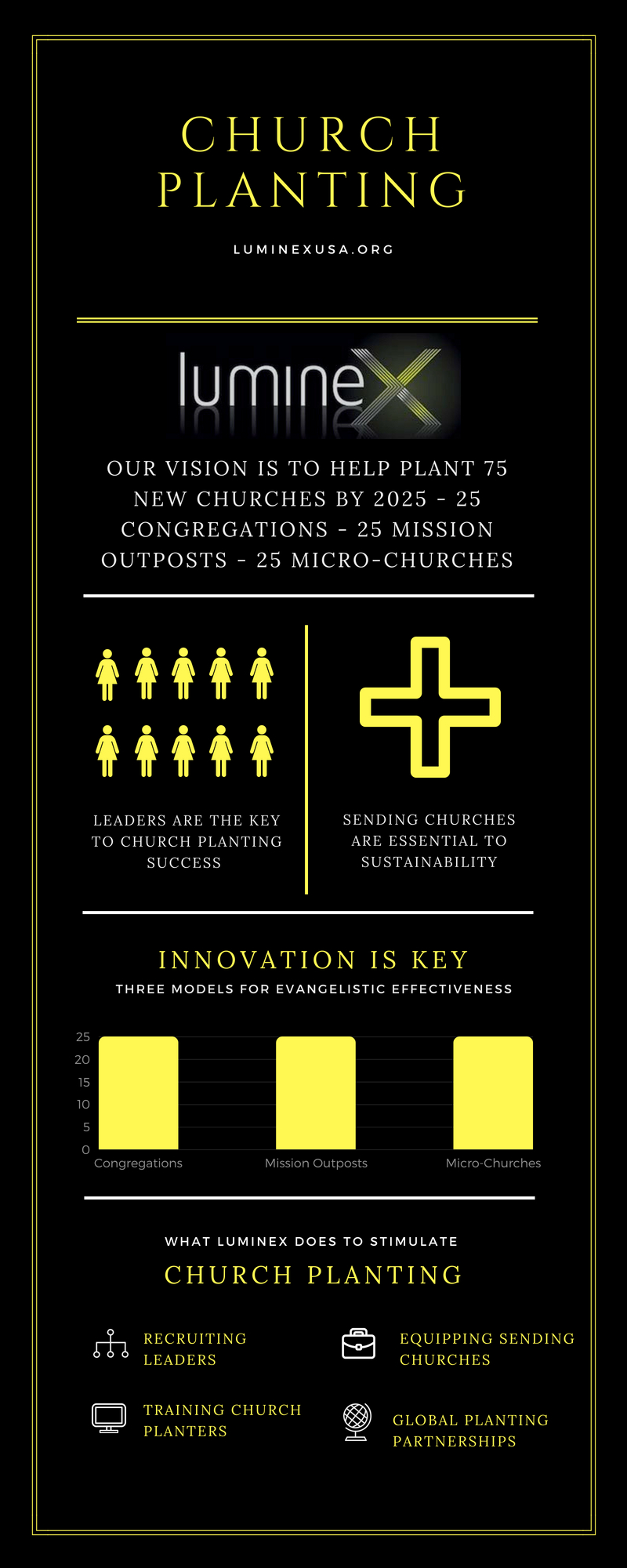Check Out The Compelling Change Of Catholic Institutions And Their Notable Impact On Education And Learning-- Might Their Customs Open The Possibility For Future Understanding?
Check Out The Compelling Change Of Catholic Institutions And Their Notable Impact On Education And Learning-- Might Their Customs Open The Possibility For Future Understanding?
Blog Article
Web Content Develop By-Medlin Grace
When you think about the history of education and learning, Catholic colleges stand apart for their deep-rooted customs and lasting impact. These establishments started as a means to impart belief and worths, but they've adapted remarkably over centuries. Today, they play a critical role fit not just scholastic success however additionally moral integrity. What's interesting is how they've handled to flourish amidst altering cultural landscapes, questioning about their future relevance and influence.
The Origins of Catholic Education: A Historic Perspective
Catholic education traces its roots back over 1,500 years, when early Christian communities recognized the requirement for structured understanding. You'll locate that these neighborhoods aimed to hand down their confidence and worths with education.
Monasteries and cathedral schools became facilities of discovering, nurturing both spiritual and intellectual development. As you dig much deeper, you'll see that the curriculum typically included viewpoint, theology, and the liberal arts, created to create well-rounded people.
Gradually, the Church established more formal institutions, making sure that education and learning remained obtainable to all. The commitment to teaching ethical values and cultivating a feeling of community has continued with the centuries, forming the academic landscape and influencing countless lives worldwide.
This enduring legacy continues to inspire Catholic education today.
The Evolution of Catholic Schools Through Social Contexts
As cultures developed, so did the duty of Catholic schools, adjusting to the social contexts in which they existed. In the early years, these establishments focused mainly on religious instruction, but as communities diversified, they started to include local languages, customs, and educational requirements.
You would certainly observe that Catholic institutions typically came to be facilities for social communication, promoting a sense of belonging among pupils from numerous histories. In many regions, they dealt with societal concerns, such as poverty and discrimination, by offering available education and learning for all.
As you discover different cultures, you'll see exactly how Catholic schools have changed their curricula and training approaches, mirroring the worths and challenges of their settings while remaining true to their fundamental goal of faith and academic excellence.
The Modern Function and Impact of Catholic Schools in Society
In today's world, Catholic institutions play a vital duty in shaping not simply the instructional landscape, yet also the broader community.
You'll locate that these establishments emphasize values like respect, compassion, and social justice, fostering well-shaped individuals who add favorably to society. By concentrating on scholastic excellence and moral advancement, Catholic schools prepare trainees for future difficulties, nurturing essential reasoning and management skills.
https://www.wkrg.com/mobile-county/mobiles-beehive-church-undergoing-renovations-to-preserve-historical-value/ offer varied populaces, connecting gaps in access to high quality education and learning. Additionally, you might discover their dedication to service, encouraging trainees to participate in neighborhood outreach and volunteer job.
This blend of education and learning and moral guidance makes Catholic institutions a considerable force, cultivating liable citizens who can affect their communities for the better.
Final thought
Finally, Catholic institutions have an abundant history that's shaped their long-lasting influence on society. mouse click the up coming webpage have actually seen how they have actually adjusted to various cultural contexts while maintaining a commitment to belief, values, and scholastic quality. Today, they continue to play an essential role in cultivating community, promoting social justice, and nurturing responsible residents. As you reflect on their heritage, it's clear that Catholic schools stay a powerful force for favorable modification in the world.
